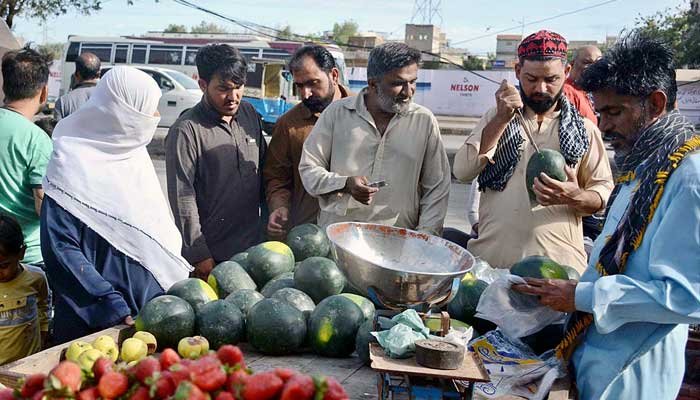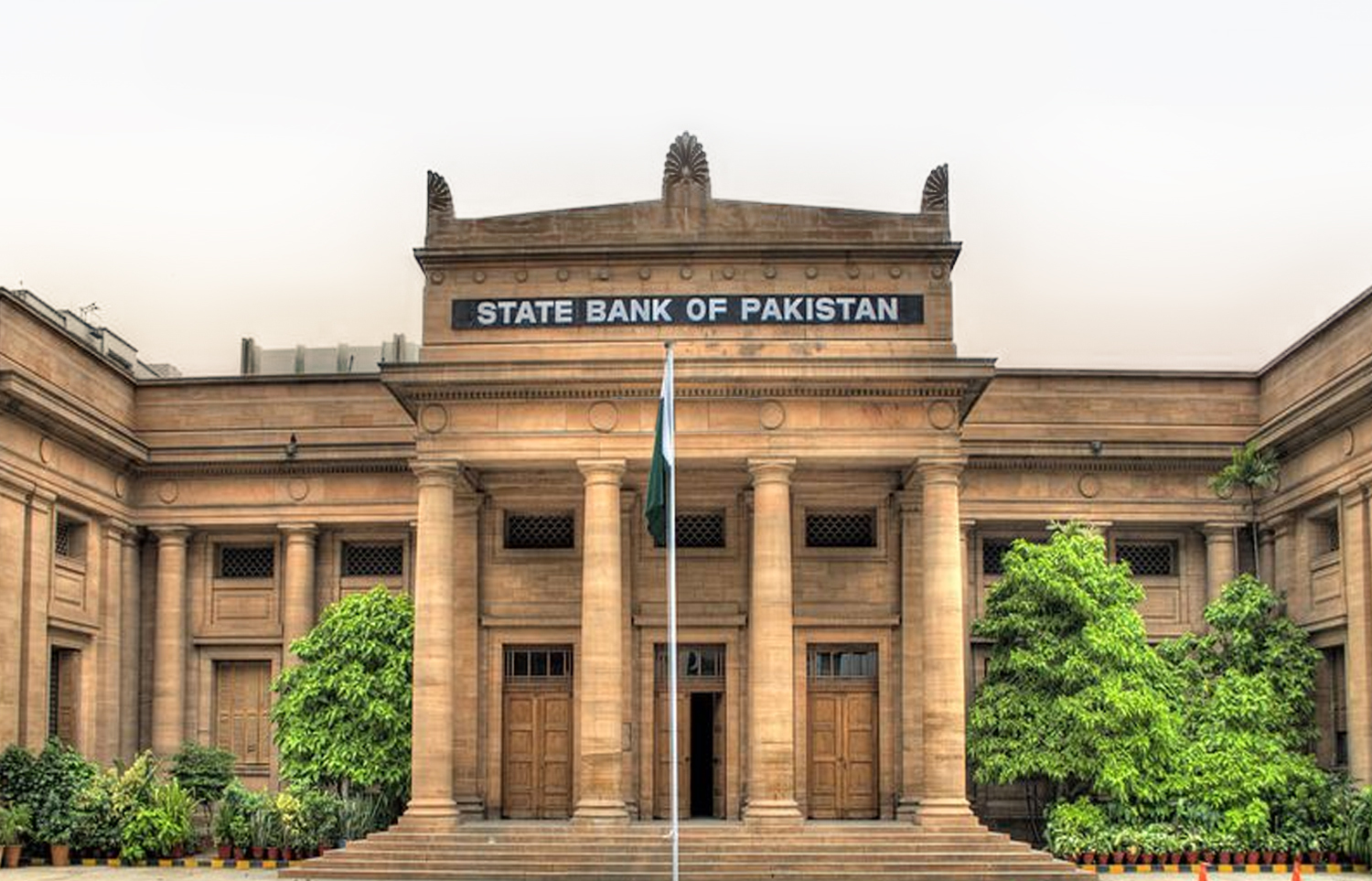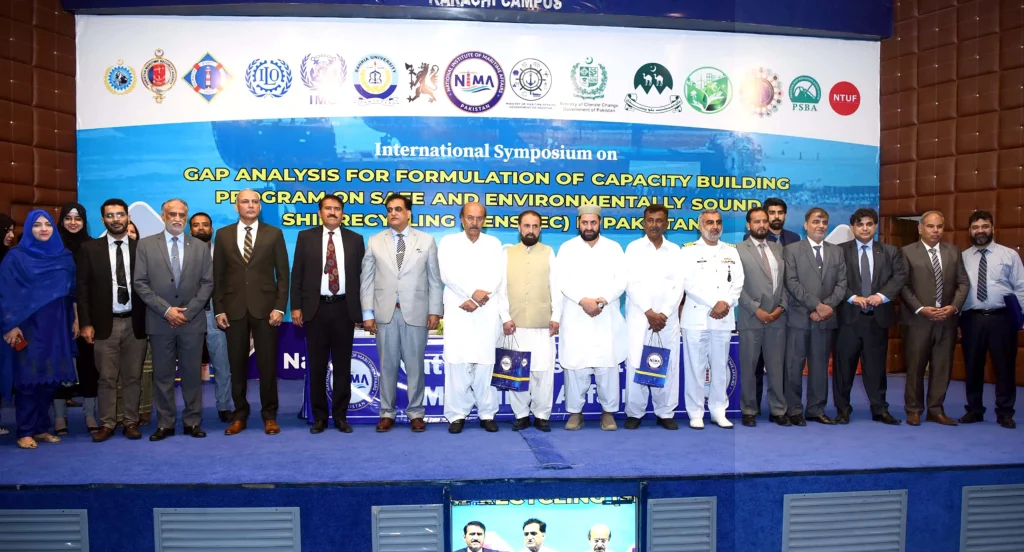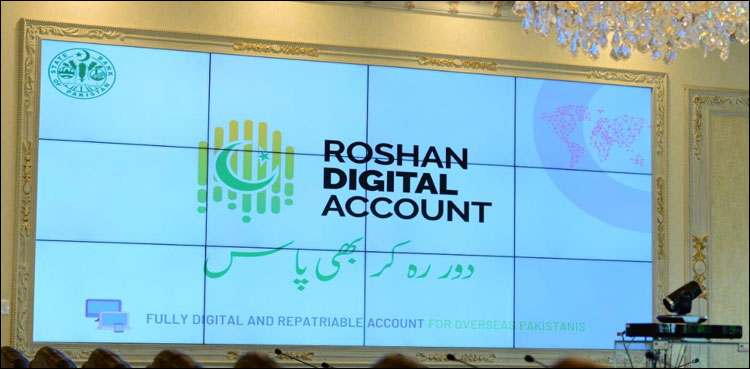Business
Prices of food items skyrocket amid Ramadan
-
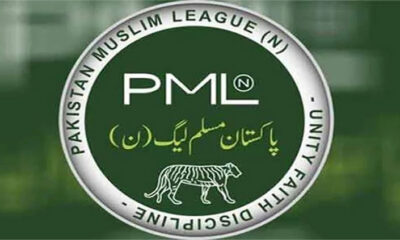
 Latest News2 days ago
Latest News2 days agoThe PML-N Punjab chapter convenes today to discuss organizational issues.
-

 Latest News2 days ago
Latest News2 days agoIn Punjab, the PDMA issued an alert for rain and snowfall.
-
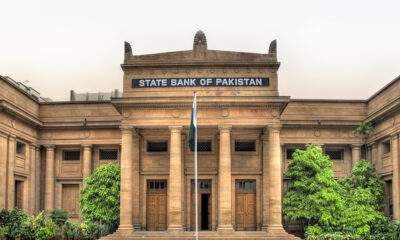
 Business2 days ago
Business2 days agoThere are US$13,280.5 million in foreign exchange reserves in Pakistan.
-

 Latest News2 days ago
Latest News2 days agogovernment starts a trail patrol in the Margalla Hills of Islamabad
-
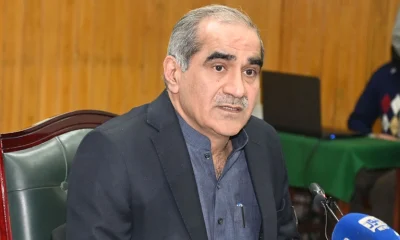
 Latest News2 days ago
Latest News2 days agoSaad Rafiq: Ali Amin Gandapur’s threat to storm Islamabad is a major issue.
-

 Latest News2 days ago
Latest News2 days agoSeveral Pakistani airports will get new COOs
-
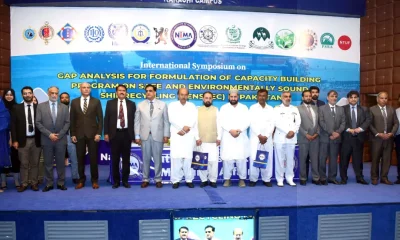
 Business2 days ago
Business2 days agoNIMA seminar to increase Pakistan’s ship recycling industry’s capacity
-

 Latest News2 days ago
Latest News2 days agoThe first Air Ambulance Service training session in Pakistan begins.

